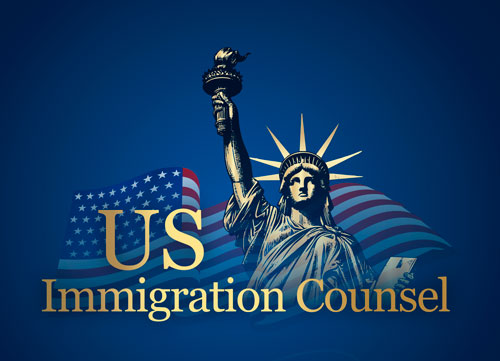EB-1 Visas
EB-1 visas offer a fast-track path to a Green Card for individuals with extraordinary ability, outstanding achievements, or executive leadership roles.
EB-1 visas are one of the most desirable employment-based immigrant visas in the United States. They provide a direct route to permanent residency for those who meet strict eligibility criteria. If you can provide strong documentation that you qualify under one of the three EB-1 categories, you may be eligible to apply without a labor certification.
Why Choose an EB-1 Visa?
The EB-1 category is attractive for several reasons:
-
No labor certification required from the Department of Labor
-
Priority dates are typically current, so applicants can often apply immediately
-
Premium processing is available, with potential approval in as little as 15 business days
Types of EB-1 Visas
There are three subcategories under the EB-1 classification:
Extraordinary Ability (EB-1A)
This visa is for individuals who have demonstrated extraordinary ability in the sciences, arts, education, business, or athletics through sustained national or international acclaim. You may self-petition without a job offer.
Applicants must provide evidence in at least 3 of the following 10 areas:
-
Receipt of nationally or internationally recognized prizes or awards
-
Membership in associations requiring outstanding achievement
-
Published material about you in major media or professional publications
-
Participation as a judge of others’ work
-
Original contributions of major significance in the field
-
Authorship of scholarly articles
-
Display of your work at exhibitions or showcases
-
Leading or critical role in distinguished organizations
-
High salary or remuneration
-
Commercial success in the performing arts
Outstanding Professors and Researchers (EB-1B)
This visa is for professors and researchers recognized internationally for outstanding academic work.
To qualify, you must:
-
Have at least three years of teaching or research experience
-
Hold a job offer from a U.S. employer in a tenured, tenure-track, or comparable research position
-
Provide documentation of international recognition in your field (at least 2 of the 6 evidentiary criteria similar to EB-1A)
This category does not allow self-petitioning.
Multinational Managers or Executives (EB-1C)
This visa is for executives or managers who have worked abroad for a multinational company and are being transferred to a U.S. office.
To qualify, you must:
-
Have worked for the foreign company for at least one year in the past three years
-
Be entering the U.S. to work in a managerial or executive capacity
-
Be employed by a U.S. entity that has a qualifying relationship with the foreign company
How to Apply for an EB-1 Visa
Applying for an EB-1 visa involves:
-
Preparing detailed documentation to prove eligibility
-
Filing Form I-140, Immigrant Petition for Alien Worker
-
Requesting premium processing (optional)
-
If inside the U.S., filing Form I-485 for Adjustment of Status
-
If abroad, applying for an immigrant visa at a U.S. consulate
Once approved, the applicant receives lawful permanent resident status (Green Card).
How We Can Help
Preparing a strong EB-1 petition requires strategic planning and careful documentation. At U.S. Immigration Counsel, we understand what USCIS looks for and how to build a compelling case. Whether you are applying as an extraordinary individual or transferring as a multinational executive, our attorneys can guide you every step of the way.

